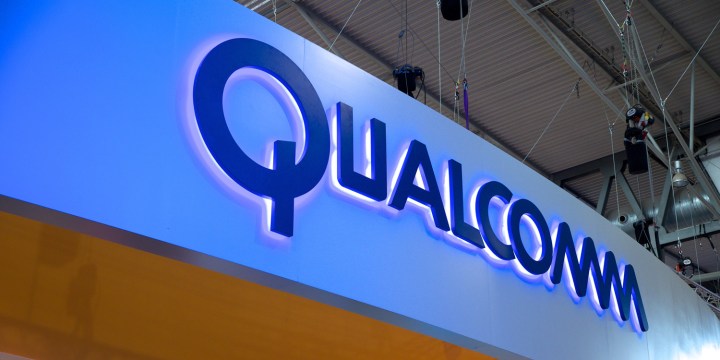
“The NXP acquisition accelerates our strategy to extend our leading mobile technology into robust new opportunities,” Steve Mollenkopf, CEO of Qualcomm, said in a statement. “By joining Qualcomm’s leading SoC capabilities and technology roadmap with NXP’s leading industry sales channels and positions in automotive, security and IoT, we will be even better positioned to empower our customers.”
Qualcomm is after a slice of the burgeoning “smart car” market. NXP, which itself spent $12 billion on a deal to acquire mobile chip company Freeescale Semiconductor, has positioned itself in as an end-all, be-all solution for automotive intelligence. “[The deal] will give it in-cockpit market share, powertrain, safety, and automotive processor portfolio […] that creates the first end-to-end semiconductor auto supplier of the future,” Vijay Rakesh, analyst at market research firm Mizho, told Investopedia.
But NXP has its fingers in more than one pie. It has also established a foothold in the specialized chip industry, specifically with analog chips for radio applications, a business that is especially lucrative because of “the rarity of the production gear,” an analyst told The Wall Street Journal. And it has a “leading position” in the chips necessary for near-field communications (NFC), the technology used for contactless payments on mobile phones (via platforms like Android Pay and Apple Pay) and keyless car door unlocking.
Perhaps more importantly, NXP has industry reach. It owns seven factories in the five countries that fabricate silicon chips, and it operates seven facilities that package and test chips before they’re installed.
The acquisition marks a shift in strategy for Qualcomm, which derives a majority of its revenue from the sale of custom-designed chips and via patent licensing agreements. Traditionally, the company has adopted a so-called fabless model of semiconductor design — it designs wireless processors, chips, and modems, but relegates fabrication of that silicon to third parties. The wireless wafers it makes for Apple’s smartphones, for instance, are manufactured mostly by Taiwan Semiconductor Manufacturing, an arrangement which allows the company to save on investing in a supply chain of its own. According to the Wall Street Journal, the cost of building and operating a single advanced fabrication facility can exceed $10 billion.
Following the acquisition’s closure, NXP’s operations are expected to remain independent of Qualcomm’s. Industry sources tell the Wall Street Journal that the managerial skills required for supply chain oversight — which include “tracking the age and performance” of manufacturing equipment, “overseeing a supply chain,” and “managing production workers” — are different than those involved in chip design. And analysts told the publication that NXP’s factories, some of which were acquired by the company more than 60 years ago, “couldn’t be easily adapted” to making Qualcomm’s mobile chips.
With the acquisition of NXP, Qualcomm is attempting to stave off encroaching rivals. MediaTek, one of the firm’s largest smartphone chip rivals, projects growth in revenue of 24 to 32 percent this year thanks to a surging demand from China — and India-based smartphone makers. And in the automotive space, Nvidia recently launched the Drive PX 2, a processing platform for “in-vehicle artificial intelligence” bound for vehicles from Audi, BMW, Daimler, and Ford.
The combined company is expected to generate more than $30 billion in revenue annually, according to Thursday’s press materials.
Qualcomm’s deal follows some other blockbuster semiconductor acquisitions. Avago bought Broadcom for $37 billion last year, and a Dell paid $60 billion for EMC Corp.


